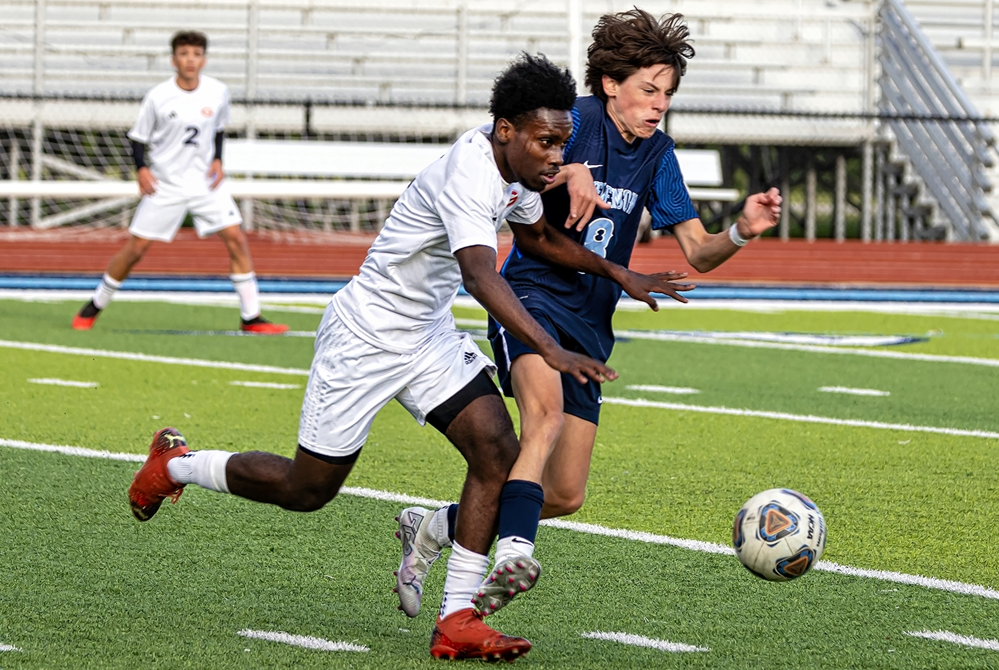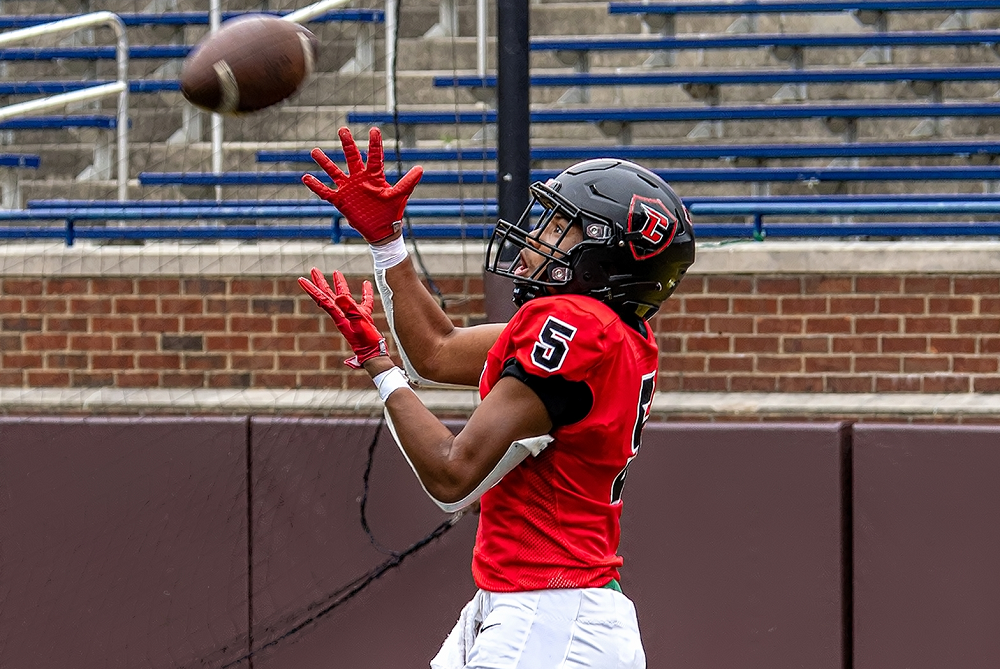
Be the Referee: Soccer Handling
By
Paige Winne
MHSAA Marketing & Social Media Coordinator
September 5, 2024
Be The Referee is a series of short messages designed to help educate people on the rules of different sports, to help them better understand the art of officiating, and to recruit officials.
Below is this week's segment – Soccer Handling - Listen
In soccer, a kicked ball that inadvertently touches a player’s arm is not a handball. If a ball is kicked at someone’s face and they instinctively put their hand in front of their face to block the ball – that is also not a handball. There was no intent.
Handball – or handling – is called when the touch with a hand or arm is deliberate.
However, if a ball glances off an offensive player’s arm and goes into the goal, the goal is not allowed. Even if the touching was accidental or inadvertent, it’s no goal. If the touching leads to an immediate goal-scoring opportunity, then it’s also whistled for handling.
As long as the inadvertent touching doesn’t lead directly to a goal, it’s play on.
Previous 2024-25 Editions
Aug. 24: Football Holding - Listen
PHOTO Westland John Glenn and Sterling Heights Stevenson players pursue the ball during their matchup this season. (Photo by Douglas Bargerstock.)

Be the Referee: Football Rules Differences
By
Sam Davis
MHSAA Director of Officials
August 23, 2023
Be The Referee is a series of short messages designed to help educate people on the rules of different sports, to help them better understand the art of officiating, and to recruit officials.
Below is this week's segment – Football Rules Differences - Listen
The first week of the high school football season is always exciting … and sometimes confusing. Here are some – not all – differences between the high school game and what you see on Saturdays and Sundays.
In high school, there is no such thing as an uncatchable ball when judging pass interference. It is a penalty if there is illegal contact, whether the ball is catchable or not.
In overtime, high school teams start with the ball at the 10-year line – not the 25 like in college. And in high school overtime, you are only able to get a first down via penalty. And, at no time is a high school team required to go for two points.
And on extra point plays, if the defense gains possession, the try is over. The defense cannot return the ball for two points.

